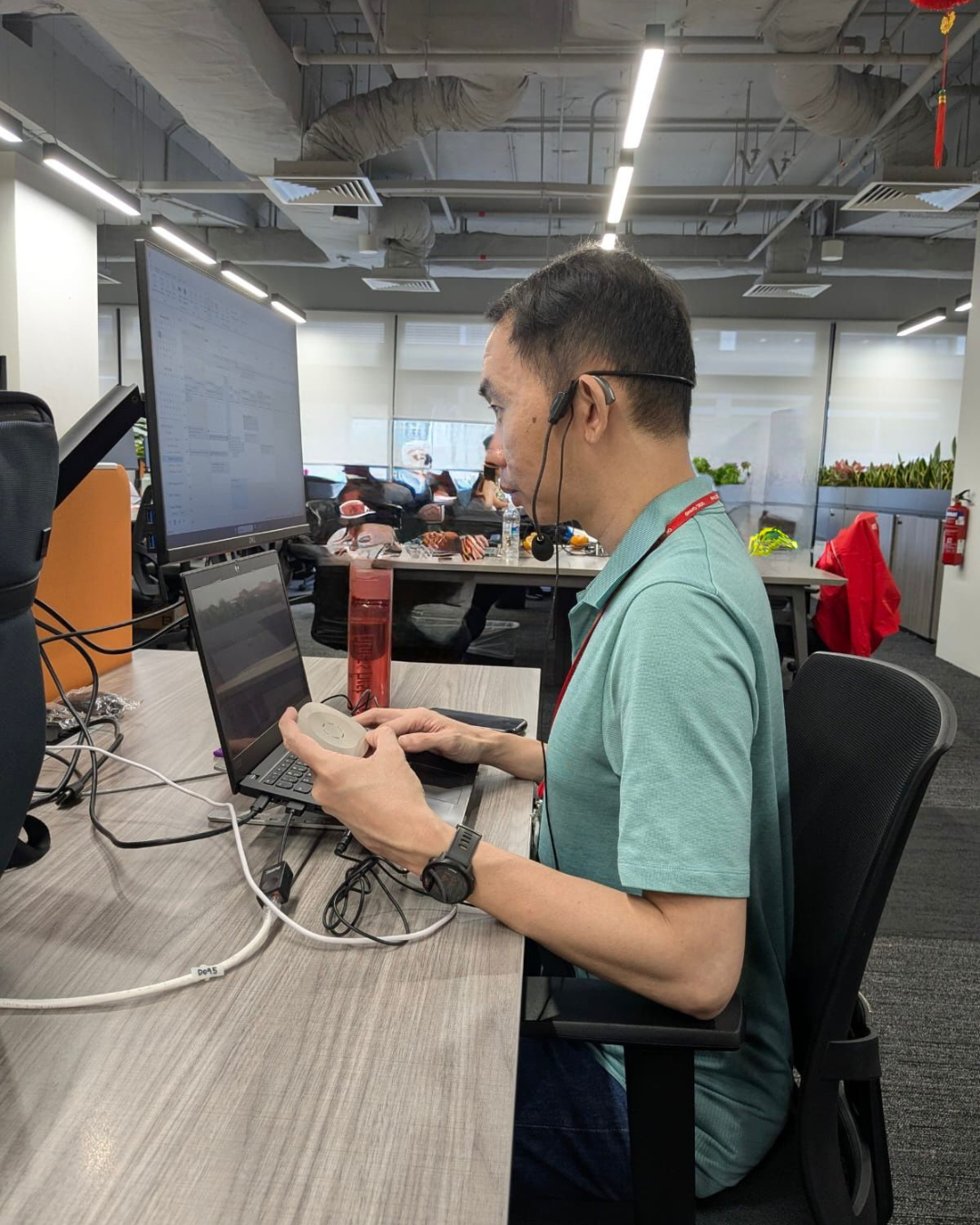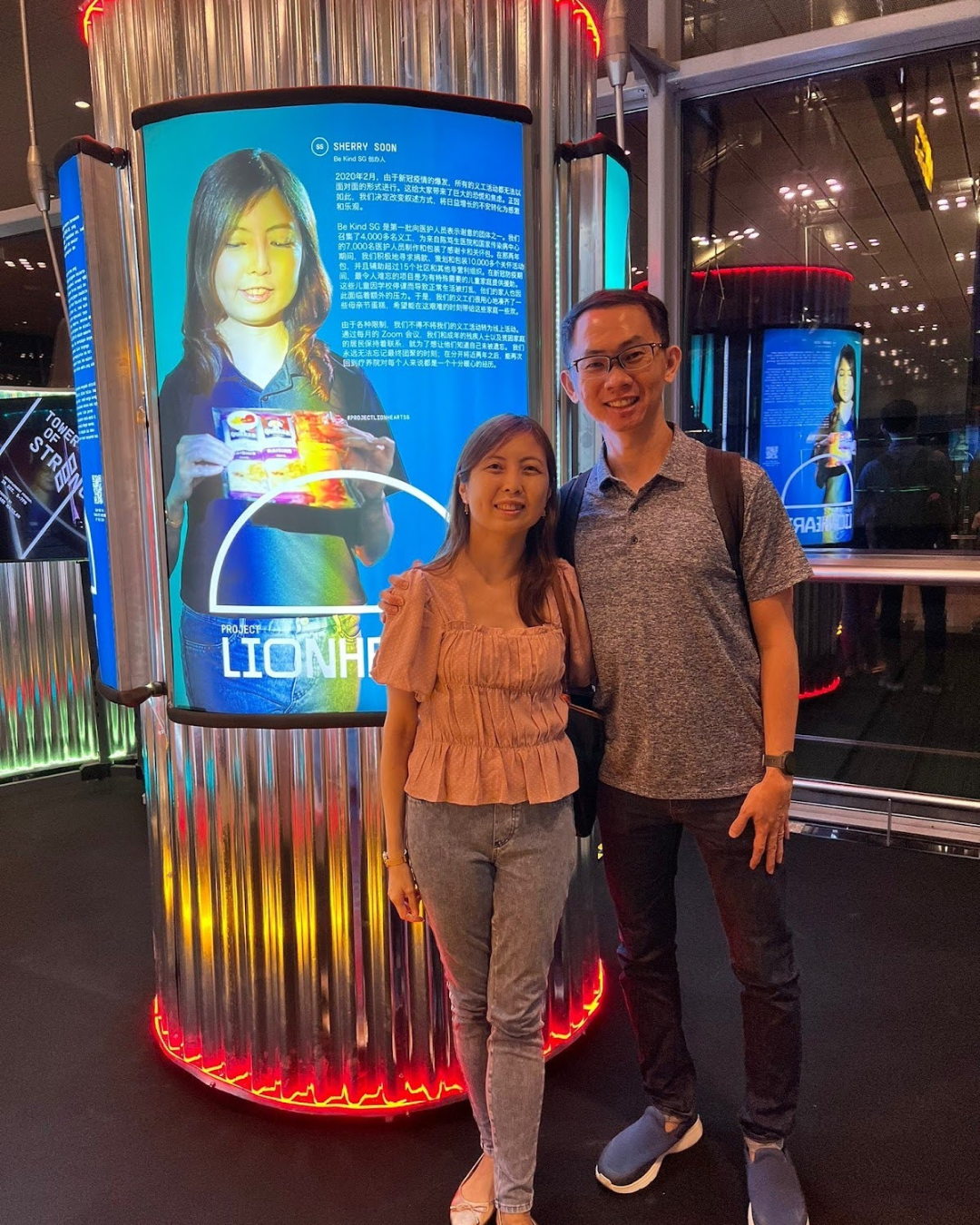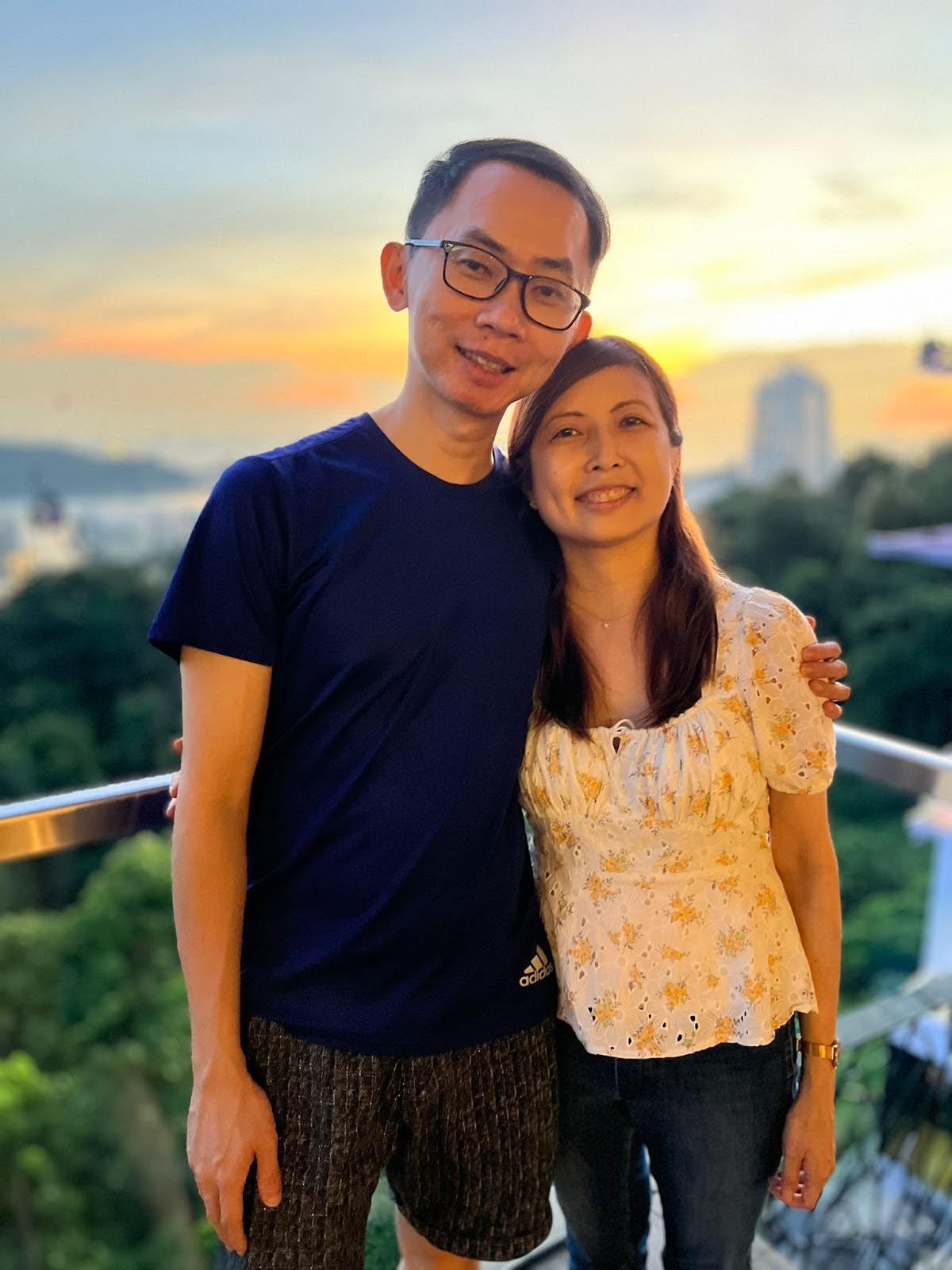Living with Hearing Impairment: My Journey of Awareness, Adaptation, and Advocacy
Realising My Hearing Loss
Growing up, I never fully realised I had hearing loss. It wasn’t until university that a casual conversation with a friend, a pilot, led me to an important realisation. He mentioned that many fail pilot selection not due to eyesight, but because of hearing tests. That got me thinking. As we listened to music together, I noticed my difficulty in grasping song lyrics—something that seemed so natural to him.
This made me wonder if my struggles in lectures—needing more time to understand concepts and feeling mentally exhausted after lessons—were linked to my hearing. But resources and awareness about hearing loss were scarce then, so I only got my first hearing test after I began working.
Navigating Daily Challenges
It wasn’t until my second job, where large meetings were a frequent occurrence, that I realised how much I struggled to keep up with conversations. Even with hearing aids, I often relied on colleagues to summarise discussions afterwards, making it difficult to contribute meaningfully.

To cope, I invested in better hearing aids and external microphones, which greatly improved my ability to engage in meetings. But these solutions come at a high cost. The financial burden of maintaining hearing aids, along with the challenge of having to disclose my hearing impairment and explain my need for assistive devices, remain significant hurdles.
Hearing loss can be isolating. I’ve often avoided group gatherings simply because I struggle to follow conversations, even with hearing aids. It’s frustrating to miss out on social interactions, but over time, I’ve learnt to focus on smaller group settings where I can better engage with others.
Technology: A Game Changer
One of the biggest turning points for me was the shift to virtual meetings during COVID-19. Platforms like Zoom and Teams allowed me to hear everyone clearly, and the captioning feature was incredibly helpful. For the first time, I felt like I could contribute in meetings without struggling.

Hearing aids and assistive devices have also made a big difference in my personal life. I can now hear my wife and family more clearly and feel more comfortable attending social gatherings. These improvements have changed my perspective on my impairment—I feel empowered rather than limited.
The Public’s Attitude Towards Hearing Impairment
I’ve had both positive and negative experiences. My current employer has been very understanding—my boss even assured me, "We’ll just have to talk louder and clearer." But there have also been frustrating encounters, like a drink stall vendor who got visibly annoyed when I asked him to repeat himself, even after explaining I had hearing aids. Because of situations like these, I often avoid noisy places where I might have to interact with people who may not be understanding.
Public awareness about hearing impairment in Singapore still has room for improvement. Many associate hearing loss only with the elderly, so younger individuals with hearing difficulties are often overlooked. I believe early hearing tests should be more common and accessible. Had I known more about hearing health earlier, I would have sought help sooner and avoided years of unnecessary struggles.
Supporting Sherry and Be Kind SG
My wife, Sherry, has been a huge source of inspiration in my journey. She lives with an autoimmune disease—an invisible illness—and runs a charity, Be Kind SG, to support others with disabilities. Meeting her changed my perspective on invisible illnesses. Her resilience in building a support group after her diagnosis was inspiring, and as her partner, I want to support her efforts as if they were my own.
We often joke that "I’ll be her legs, and she’ll be my ears." It’s a humorous but factual reflection of our teamwork—she helps me catch sounds I miss, while I assist her with mobility when needed. Together, we make a strong team.

Finding Light in Everyday Moments
There have been humorous moments too. Once, during a yoga workshop, I informed the trainer that I needed my phone to adjust my hearing aids. His assistant wasn’t aware and yelled at me to stop using my phone—but, of course, I didn’t hear him! When he later apologised, I laughed it off: "Since I didn’t hear it, it’s alright."
And sometimes, my hearing loss works in my favour. When my wife gets woken up by noisy renovation works, I remain blissfully unaware because I can’t hear it well. So, I suppose there are a few perks!
Overcoming Everyday Obstacles
Simple tasks can be unexpectedly challenging. Masks make it incredibly difficult to understand people, and in noisy restaurants, my hearing aids amplify every surrounding conversation, making it feel like I’m in a rock concert. There was even a time my hearing aids ran out of battery at work, and I had to rely on a friend to note down important points from a meeting. It was embarrassing, but I learnt to always keep a battery pack or backup aids on hand.
Hearing impairment comes with its fair share of struggles, but with awareness, technology, and support, life becomes easier. More importantly, with understanding and kindness, we can create a world where those with invisible conditions don’t feel left behind.
For anyone living with invisible illnesses or disabilities, know that the future holds brighter days. Awareness is growing, and advancements in technology are making life more manageable. If I could give one piece of advice, it would be this: don’t wait. If you notice signs of hearing loss, seek help early. Hearing health is just as important as any other aspect of well-being.





